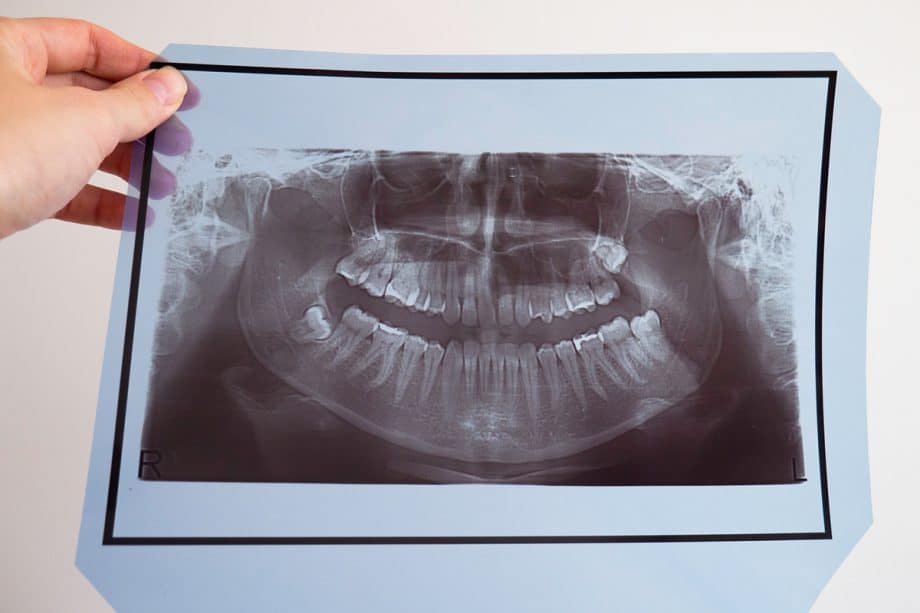Orthognathic surgery, or corrective jaw surgery, is a significant procedure designed to address misalignments in the upper or lower jaw to improve function and alignment. While the surgery's life-changing benefits are clear, patients often have questions about what to expect during the recovery process. From immediate post-operative care to long-term healing milestones, understanding the recovery timeline is crucial to ensure a smooth and successful healing process.
This comprehensive guide offers a detailed breakdown of the recovery phases after orthognathic surgery, helpful tips for managing discomfort, and key factors to optimize your healing process.
Initial Post-Operative Care
The first few days after orthognathic surgery are critical for setting the foundation for a smooth recovery. During this period, you may experience swelling, bruising, and mild to moderate discomfort, all of which are normal responses to the surgical procedure. Here's what to expect and how to manage these initial symptoms:
- Pain Management: Your oral surgeon will likely prescribe pain medication to help control post-operative discomfort. Be sure to take medications as directed and consult your healthcare provider if pain persists or worsens.
- Swelling Control: Swelling typically peaks within 48-72 hours after surgery. Applying ice packs in 20-minute intervals to the jaw area can help reduce swelling and provide relief.
- Diet Restrictions: During the initial weeks, a liquid or soft-food diet will be necessary. Nutrient-dense soups, smoothies, and meal replacement options can provide essential nutrients while being gentle on your healing jaw.
Ensuring proper rest and adherence to your surgeon's instructions during this phase is vital for successful recovery.
Week-by-Week Recovery Milestones
Healing after orthognathic surgery is a gradual process, with key milestones varying slightly from person to person. Below is a general week-by-week breakdown of what to expect:
Week 1
- Swelling and bruising are most prominent during this time, but will start to subside toward the end of the week.
- You may feel some tightness or stiffness in the jaw area.
- You should limit physical activities and prioritize rest.
Weeks 2–4
- Swelling and bruising continue to reduce.
- You may gradually transition from a liquid diet to soft foods, always following your surgeon's recommendations.
- Daily activities can slowly resume, but avoid strenuous physical exertion.
Weeks 5–8
- You will notice more significant improvements, including reduced swelling and improved jaw mobility.
- You may return to a regular diet, depending on the progress and guidance of your surgeon.
Months 3–6
- Most patients achieve nearly full jaw mobility and feel a return to normalcy.
- Any necessary orthodontic treatments or adjustments to your bite are usually initiated during this phase.
Tips to Manage Discomfort and Promote Healing
Healing is an active process, and there are several ways to enhance recovery and ensure the best outcome:
- Hydration and Nutrition: Stay hydrated and consume balanced meals rich in vitamins and minerals to aid tissue repair.
- Oral Hygiene: Use a gentle toothbrush and follow any special instructions for cleaning sensitive areas to prevent infection.
- Cold and Heat Therapy:
- Use cold compresses in the early days to minimize swelling.
- Shift to warm compresses later to alleviate stiffness.
- Jaw Exercises: Your surgeon may recommend specific exercises to improve mobility and reduce tension in the jaw area. Follow these instructions carefully.
- Follow Post-Operative Instructions: Detailed post-operative care guidelines provided by your surgeon should be followed meticulously for optimal healing.
Potential Complications and How to Address Them
While most patients recover smoothly, some may encounter complications that require prompt attention. Here are a few potential issues you should be aware of:
- Excessive Swelling or Pain: Although some swelling and discomfort are typical, excessive or worsening symptoms could indicate an infection and should be brought to your surgeon's attention immediately.
- Nerve Sensitivity: Temporary numbness or tingling in the jaw or lips is common but should gradually diminish over time. Persistent or worsening nerve issues should be discussed with your surgeon.
- Difficulty Breathing or Swallowing: Rare but serious complications affecting airways or swallowing should be reported immediately for evaluation and treatment.
Staying in touch with your healthcare provider and attending scheduled follow-up appointments can help identify and address any concerns early.
The Role of Follow-Up Appointments
Regular follow-up appointments are essential for monitoring your progress and ensuring optimal recovery. During these visits, your surgeon will:
- Assess healing and jaw alignment through physical exams and imaging.
- Adjust treatment as needed, such as orthodontic realignment or dietary recommendations.
- Address any complications or discomfort you may still be experiencing.
Adhering to your surgeon's prescribed recovery plan is the best way to achieve a smooth healing process and long-term results.
Frequently Asked Questions About Orthognathic Surgery
How long does it take to recover fully from orthognathic surgery?
Full recovery from orthognathic surgery can take 6-12 months, depending on the individual. While you may begin to feel more normal within the first two to three months, factors such as the extent of surgery, adherence to post-operative care instructions, and individual healing rates can affect the total recovery time.
When can I return to work or normal activities after corrective jaw surgery?
Most patients can return to non-strenuous work 1-2 weeks after surgery. However, you should avoid activities requiring heavy lifting or significant physical effort for at least six weeks or until cleared by your surgeon.
At Upper West Side Oral & Maxillofacial Surgery, we provide exceptional care for patients undergoing orthognathic surgery. Our priority is to offer a seamless experience from consultation to recovery. Contact us for more information or to schedule your consultation.


